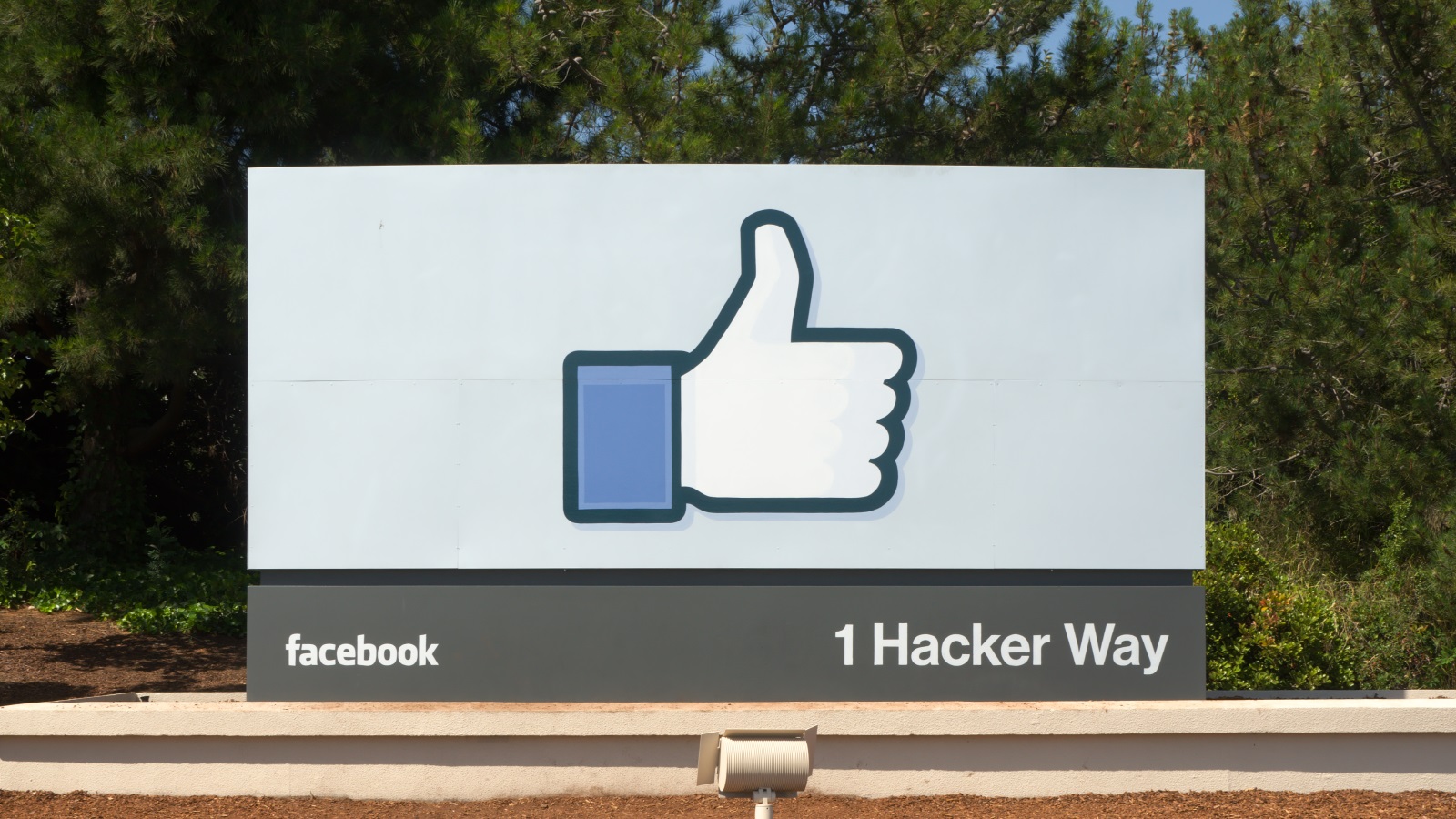 NEWS
NEWS
 NEWS
NEWS
 NEWS
NEWS
![]() A Turkish court has ordered a block for Twitter, YouTube, Facebook, and other Internet sites over photos being shared of a recent attack on an Istanbul court house.
A Turkish court has ordered a block for Twitter, YouTube, Facebook, and other Internet sites over photos being shared of a recent attack on an Istanbul court house.
The images show a Turkish prosecutor being held hostage at gunpoint by two members of DHKP-C, a leftist group that is considered to be a terrorist organization by Turkey, the U.S. and the European Union. The gunmen and the hostage all died during a rescue attempt by the Turkish authorities.
According to Ibrahim Kalin, a spokesman for controversial Turkish President Recep Tayyip Erdoğan, a Turkish prosecutor demanded that the sites be blocked for hosting “terrorist propaganda.”
The censorship of social media and other sites linked with the images follows similar actions last week against several Turkish newspapers, which were forced by Turkish authorities to cease printing the images.
The decision to block social media is not new to Turkey. Both Twitter and YouTube have previously been blocked for hosting videos and messages that accused the government of corruption and were critical of President Erdoğan. More recently, Turkey threatened to block Facebook within the country if it did not comply with requests to remove Turkish citizens’ access to pages that displayed satirical images of Mohammed. Facebook eventually agreed to the request and blocked those pages for Turkish users.
While Turkey has been a politically secular nation for decades, the government of the predominantly Muslim country has passed censorship laws within the past few years that have called into question its separation of church and state. According to Twitter, Inc.’s transparency report for the second half of 2014, Turkey made more content removal requests than any other country in the world with a total of 477. The microblog complied with 50 percent of these requests.
By comparison, Facebook’s Global Government Requests Report, which tracks both content removal requests and government requests for private user data, shows that Turkey made 3,624 content removal requests during the same time period, placing it second after India. Facebook does not provide a metric for how many of these requests it has honored, but the social network has previously stated that it follows all local laws within the countries in which it operates.
THANK YOU